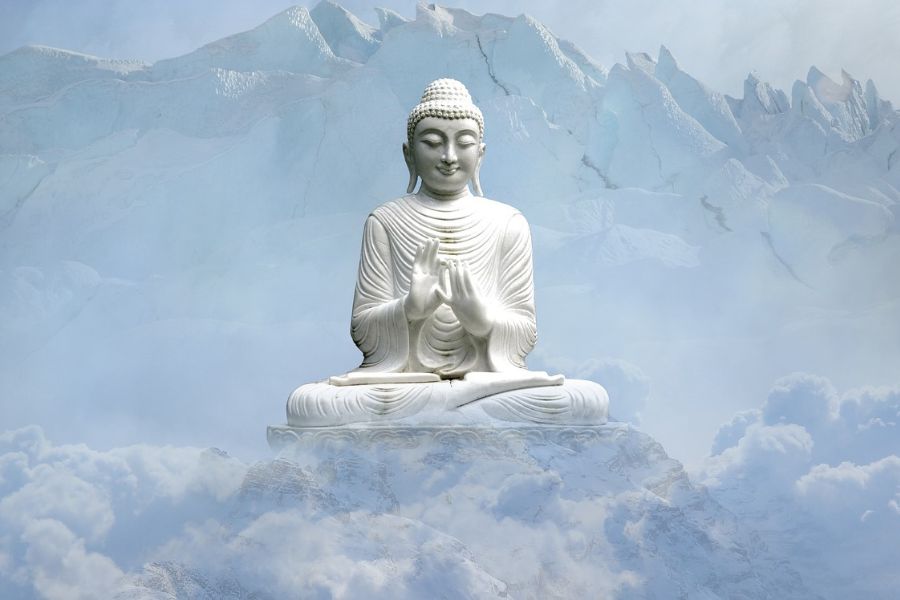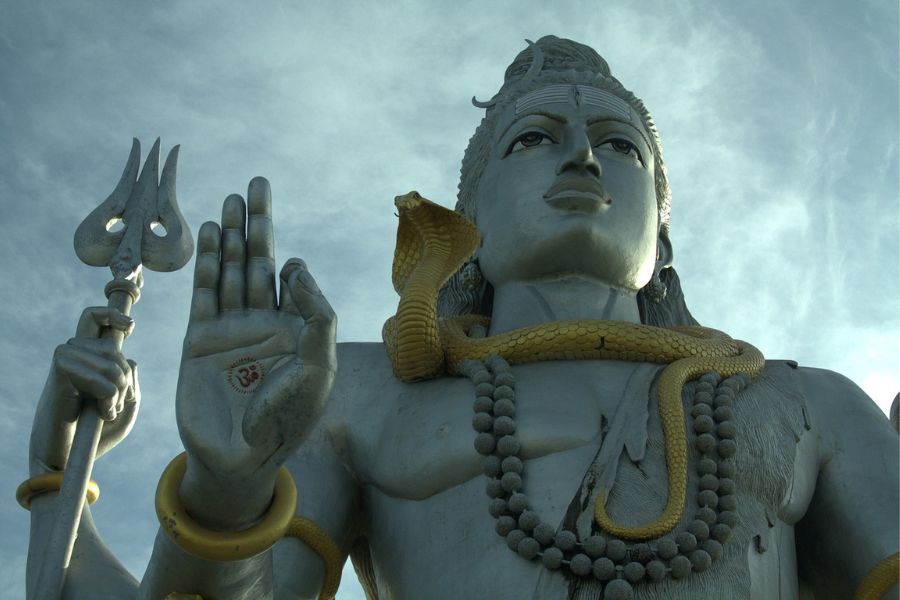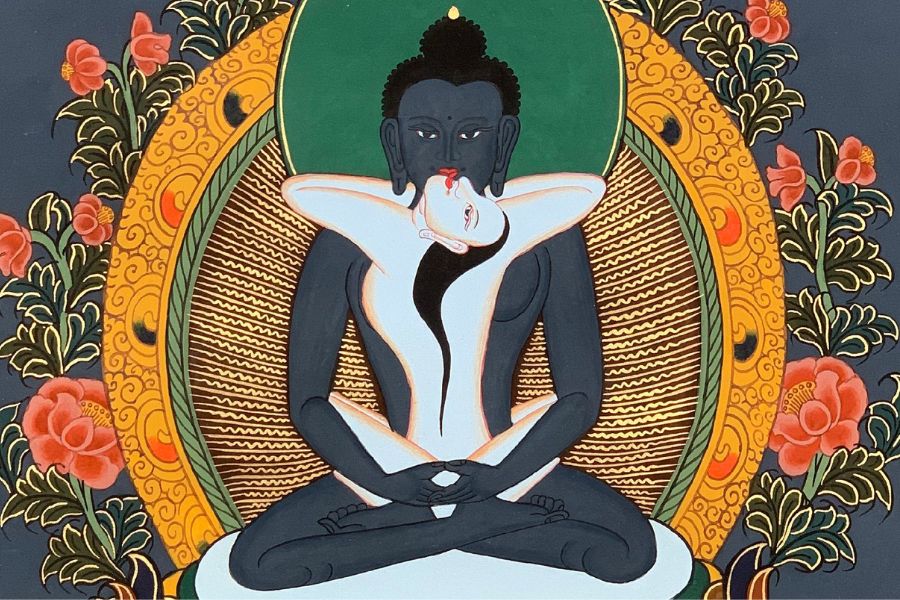The concept of karma, or causality, suggests that our actions have consequences. By understanding this dynamic, we can change how we live, encouraging positive actions that benefit ourselves and others. This principle has a deep influence on our spiritual journey.
The journey towards enlightenment can be likened to traveling on a fast train—an unknown path that few follow to the end. Many start the journey but abandon it before reaching the destination, while others take detours or retreat to earlier points. A key reason for this is the lack of understanding of transcendental psychology and the principles that guide the mind towards spiritual practice. After reflecting on some of these principles, we can dive into karma and causality.
There is an invisible connection that links all beings, an eternal thread that ensures our choices have repercussions across lifetimes. This cycle of cause and effect transcends our linear understanding of time. Everything in the universe results from a series of causes and conditions. While we often believe we control our actions, we forget their consequences. We're all part of a web of cause and effect, where every action sends a vibration throughout it. The effects closest to us are more noticeable, while those further away may be nearly imperceptible.
In the realm of Samsara, nothing escapes the perpetual motion of interconnectedness. Being alive means living within a network of interdependence, where everything is connected and influenced by causality. Karma is not a punishment but a wise teacher that offers us opportunities to learn. It allows us to become aware of how our actions operate, helping us evolve on our spiritual journey. In Eastern philosophy, the actions from one life influence the experiences in future lives, creating a web of interconnected causes and effects that extend beyond our limited perspective. Life’s conditions repeat with variations, and our free will merely perpetuates the cycle, often without realizing how our actions shape our destiny.

Often, due to ignorance of the true nature of reality, we engage in negative actions that lead to suffering. We create a false idea of ourselves as independent beings, separate from the whole. This misconception drives our desires, attachments, and behaviors, which only bring us closer to suffering rather than distancing us from it. The conditioned mind amplifies the qualities and flaws of things and experiences, fostering attachment or aversion. This perpetuates the cycle of birth and death, continually renewing itself with each life. Our actions, whether conscious or not, are the causes and effects of our existence.
Suffering does not arise only from our direct actions but from the chain of causes that lead us to act, think, and speak in harmful ways. To understand this chain is crucial for breaking free from it. Only by grasping the dynamics of this cycle can we attain true freedom. We must avoid planting negative seeds in the mind and work to remove them when they take root. The mind is fertile ground, and everything we plant within it grows and bears fruit.
Karma is not a rigid process but a dynamic, fluid, and flexible force. The relationship between an action and its effect is not linear; the impact depends on the circumstances and the person involved. For example, someone who habitually lies may, in a future life, find themselves in a context where their words have no value or are ignored. Similarly, someone who deceived others for personal gain may, in a future life, struggle to find the spiritual path, wandering blindly.
The effects of karma can be far-reaching and more complex than the cause that set them in motion. A seemingly small action can have significant consequences, affecting many people. This highlights the importance of being mindful of our actions since once triggered, their effects are unpredictable and uncontrollable.
Understanding this causal chain is fundamental to grasping the nature of suffering. Many philosophies and religions emphasize the importance of moral conduct in guiding us toward a virtuous life. The wise know how to cultivate virtues that lead to happiness, while negative actions bring suffering.
While it may seem that we are trapped in our habitual patterns, change is possible. We have the ability to transform our actions and reprogram our neural pathways at any point in life. By deeply reflecting on these teachings, we can begin to see the world, ourselves, and others more clearly, free from the distortions of our beliefs and conditioning. This path allows us to polish the mirror of the mind, enabling us to see the world as it truly is, unclouded by our mental filters.




















